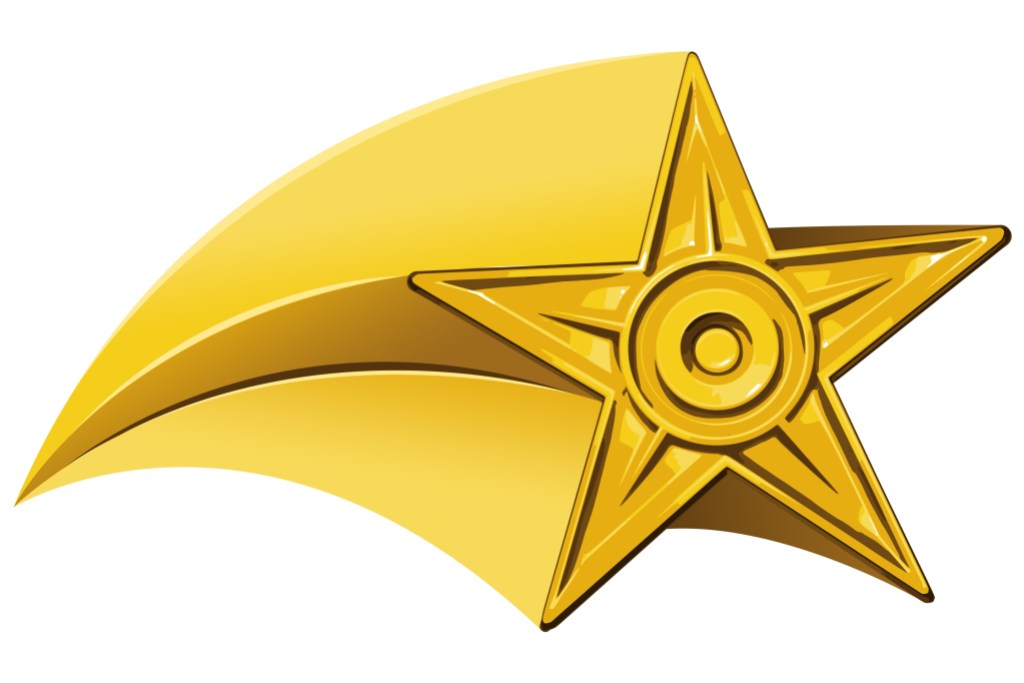Wikipedia is truly inseparable from Johnny Au’s life. This English Wikipedia editor has been editing each day since November 11, 2007, which makes him the Wikimedian with the longest editing streak on English Wikipedia. This month we celebrate his amazing work and his longtime and continuous dedication to free knowledge.

Johnny Au started contributing to Wikipedia in 2006, and at some point editing became a part of his everyday life. I have a habit of editing every day. I edit when I wake up and I edit before heading to bed to ensure that I maintain my editing streak, he says.
Each day Johnny checks his extensive watchlist, which includes articles related to his beloved hometown Toronto. From local sports teams and art galleries, to Toronto transit system – Johnny is passionate about all things Toronto-related, and carefully watches over Wikipedia articles about it. Including his favorite one: the article about Toronto subway public art because he really enjoys looking at the subway system’s artworks.
He specializes in minor, maintenance edits: correcting spelling and language, reverting vandalisms, adding images and correcting mistakes. This kind of tireless, detailed, regular work is important for keeping Wikipedia quality. And it hasn’t gone unnoticed: Johnny’s dedication to keeping the Toronto Blue Jays article vandalism-free even caught some media attention and resulted in an article in the Toronto Star.
The daily habit of editing and the pure love for Wikipedia, and passion for free knowledge, is what keeps him going. Day after day, for 15 years (and counting). He makes around 10 edits each day, which adds up to an impressive number of 64 000 edits in English Wikipedia. And more than 5700 days of continuous editing.

Johnny’s editing streak was not always free of threats and challenges. It came close to a screeching halt at a seminal moment in Wikipedia’s history, the 2012 blackout. Due to a decision of the Wikipedia community, who protested against legislation seen as potentially harmful to their work, English Wikipedia was not accessible for 24 hours – not only for reading, but also for editing. Fortunately, the time zone differences helped Johnny maintain his editing streak. The blackout started at midnight Eastern Standard Time, while Johnny’s streak was based on the UTC time standard. The five-hour difference between the two gave our constant editor a chance to make his daily edit after all.
While Toronto remains Johnny Au’s most beloved editing topic, it is not the only thing he is passionate about. As a true Wikimedian, Johnny has a wide area of interests: he is a piano player, a science enthusiast, a person interested in linguistics, cartography, public transport, astronomy and sports. He is also developing an interest in digital art and photography of buildings and other structures in Toronto under construction.
He would like the world to know Wikimedia projects are much more reliable than the vast majority of websites, despite Wikimedia projects being user-generated. There are plenty of people who distrust Wikimedia projects for ideological reasons (especially during the COVID-19 pandemic and the 2020 American presidential election), preferring completely bogus clickbait websites filled with misinformation and disinformation. It is a major challenge to convince others that Wikimedia projects are not ideologically biased, he says. At the same time, the community’s resilience to misinformation in the face of the pandemic and preparation ahead of contentious elections has proven resilient in our world.
When asked about advice to share with other editors, he says: Never give up. Fight the good fight. We must fight against misinformation and disinformation.
Thank you for your work Johnny and we wish you 100 years (and more) of daily edits!

Can you help us translate this article?
In order for this article to reach as many people as possible we would like your help. Can you translate this article to get the message out?
Start translation